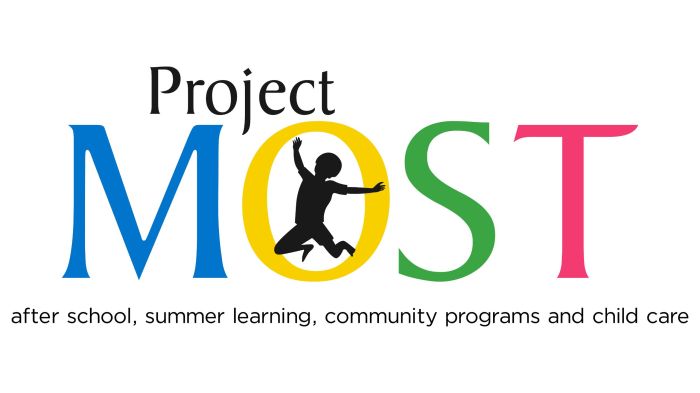
Robert Martin, MD, has worked in the field of clinical psychiatry for more than 50 years. Recently, he has channeled his experiences into a book. In The Sensible Life: The Reflections of a Psychiatrist Life is an interpretation but not an illusion, Dr. Martin discloses his insight on how personal biases and influences shape the way we interact with the world around us.
“My career is filled with experiences with people, and many of them have made a very big impression upon me,” Dr. Martin said. “I have retained a lot of it, so I thought I would like to put it all together into a coherent whole and share it with the world.”

A pervasive theme of The Sensible Life is the dichotomy of nature versus nurture, which is a pillar of psychology. Understanding this dynamic is key to approaching the sensible, ideal approach to life. “It is almost a curse for us humans to have to understand both our inner person and also the way the world influences us,” he adds. “It’s unavoidable. It’s a fundamental question of life.”
In the second part of the book, Dr. Martin explores the problems created by language. Through a nuanced exploration of this concept, he concludes that while language is one the greatest advantages of our species, it can also be our biggest impediment to true understanding.
“The message is not only that language is a trap that causes us to see the world in a particular operant of words and syntax, but also that the trap is inescapable,” Dr. Martin said. “We are endowed with a genetic propensity for language, but what we speak is entirely the environment we grow up in. A lot of philosophy is written thinking that it is talking about ideas, but it is actually talking about how words are used denotatively.”
Dr. Martin became interested in the study of the brain during adolescence when he began seeking solutions to his own problems. His early interest in psychology was “very intense,
very personal and very meaningful,” he said. “Psychiatry is a way of combining all of my interests: physics, psychology, neurology. It seemed like the perfect profession for me.”
For Dr. Martin, the most gratifying aspect of being a psychiatrist is psychotherapy. The intellectual challenge of analyzing and intervening in the unique problems of individuals is a rewarding and satisfying part of his work. “I don’t think patients realize how much we enjoy seeing them get better,” he adds.
Dr. Martin elaborated on some of the more recent developments in psychiatry, noting the increasing role of drugs in psychiatry and the way in which patients are treated. Prescription drugs such as Prozac, Klonopin and Lexapro are among many widely prescribed drugs used to treat patients. The doctor articulated the importance of appreciating what can be done without prescription drugs.
“Disentangling how much we can do with drugs and how much we need to do through therapy is still not appreciated by educators and teachers,” he said. “At Hillside Hospital they did a big study where they showed that treating patients with therapy was just as important as medication. We knew that in 1960.”
Another emerging reality in the field of psychiatry is the strain technology places on modern relationships. The rise of social media and smartphones marks a new apex in personal convenience, but it comes at a cost: Technology hinders our ability to forge and maintain meaningful connections with others.
“It is impossible for it [technology] not to influence us,” said Dr. Martin. “What we’re seeing now is a lot of people who don’t know how to relate well or who don’t have happy relationships, who use the telephone as a vehicle to make things satisfactory without conflict. The technology can either be a tool to avoid personal and meaningful relationships, or it can be a vehicle to facilitate it, as with Skype.”
In The Sensible Life, Dr. Martin offers critical, relevant advice accumulated from a lifetime of exploration in a domain surrounded by growing uncertainty—the domain of the mind.































